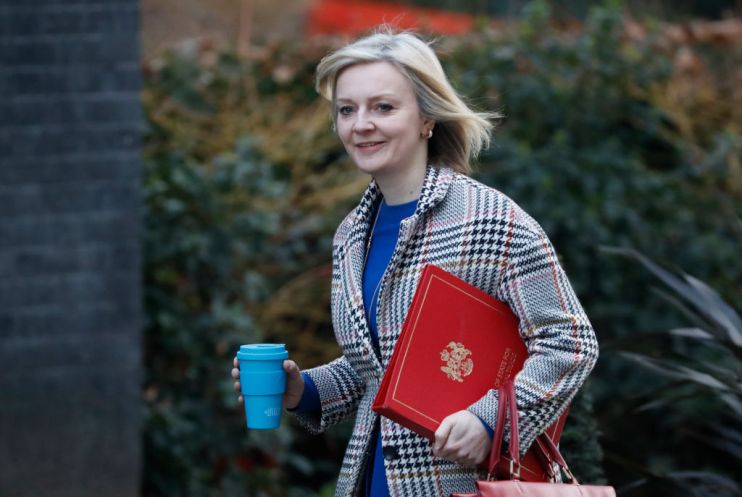Government launches consultation on post-Brexit tariff regime

The government has called on businesses to consult on the shape of the UK’s new independent global tariff policy, as the country gears up to strike out on its own next year.
The Department for International Trade has launched a month-long consultation over its new most favoured nation tariff schedule, which it says will mark the UK “as a champion of free trade, safeguard against the forces of protectionism on the rise across the world” and offer consumers “greater choice and lower prices”.
Critically it is seeking views on removing tariffs of less than 2.5 per cent, and rounding tariffs down to the nearest 2.5 per cent, five per cent or 10 per cent band. DIT is also considering whether to remove certain tariffs outright, particularly in areas where the UK has limited or no domestic production “which could help to lower prices for consumers”.
International trade secretary Liz Truss said: “The UK has left the EU and it is time for us to look forward to our future as an independent, global champion of free trade.
“It is vitally important that we now move away from complex tariff schedule imposed on us by the European Union. High tariffs impinge on businesses and raise costs for consumers. This is our opportunity to set our own tariff strategy that is right for UK consumers and businesses across our country.
In line with the Northern Ireland protocol, special arrangements will apply to goods entering Northern Ireland.
Trade expert Sam Lowe told City A.M. he welcomed the “sensible approach”.
“Focusing on inputs is sensible and nuisance tariffs (below 2.5 per cent) are just irritating,” he said. “The big question for me is how this interacts with the Northern Ireland protocol, where divergence from the EU’s most favoured nation tariff levels makes things slightly more complicated from the rest of the world.”
The government is also reviewing 43 EU trade remedy measures, which were deemed important to UK industries and should be maintained, following a Call to Evidence last year. This will be carried out by the Trade Remedies Investigations Directorate (TRID), which will be overseen by a new Trade Remedies Authority, which is deigned to protect UK businesses from unfair trading practices.
This will include anti-dumping duties on certain imports, such as ceramic items from China, bus and lorry tyres also from China and imports of aluminium foil in small rolls.
Simon Walker has today been announced as chair-designate of the TRA and is expected to take up the position in early March.
Walker was the director general of the Institute of Directors for five years, and was an adviser to John Major during his last year as Prime Minister. He is the lead non-executive director for DIT.
Main image: Getty